From Australia to Kenya: 13-Year-Old Bradley Kibet Completes Kalenjin Manhood Ritual
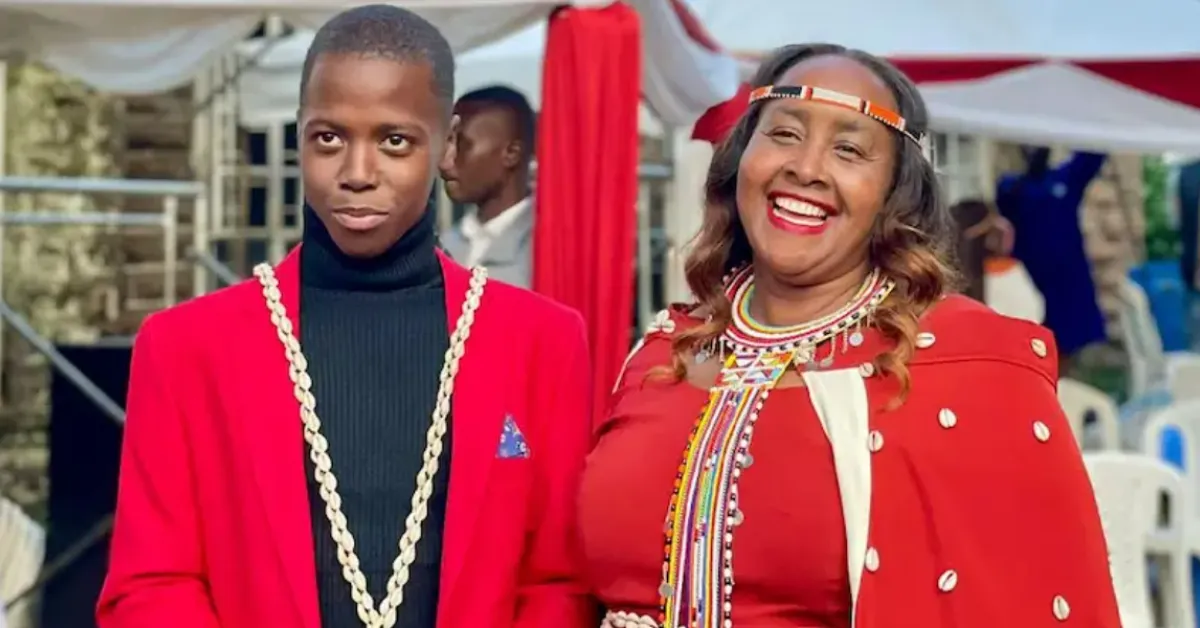
A Kenyan family living in Australia has successfully navigated the intricacies of cultural integration by ensuring their son participates in a vital Kalenjin tradition.
Thirteen-year-old Bradley Kibet in December returned to Kenya with his parents, Emily and her husband, to partake in the traditional Kalenjin circumcision – a significant rite of passage marking the transition from boyhood to manhood. Reflecting on this pivotal decision, Emily Korir detailed her husband’s aspiration for their son to experience this essential cultural milestone. Emily supported this vision, inspired by its profound impact on her husband's character, aiming to share the same benefits with Bradley.
As Bradley matured, the Korir family instilled in him a deep appreciation for the cultural narratives surrounding this rite. They highlighted its connection to Kalenjin heritage and its significance in connecting him to extended family and ancestral roots. When Bradley reached the appropriate age, the family meticulously prepared him for this transformative experience. In December 2024, during the festive season, Bradley, now known by his Kalenjin initiation name, Arap Ngeno, underwent the circumcision ceremony.
This event marked his official transition into manhood, despite initial scepticism from friends in Australia. Bradley now refers to his fellow initiates as his "99 new brothers," using the Kalenjin term "Bakule" to describe those circumcised in the same year. Following the ceremony, Bradley spent a recovery period in a traditional Menjo, a secluded space in the forest reserved for initiates.
This time proved vital for growth and learning, with his father taking on an instrumental role as a mentor, providing unwavering support and guidance. Although physically distant, Emily remained a steadfast source of encouragement for Bradley throughout this crucial phase. Emily notes the father’s essential contributions during this period, imparting valuable lessons about manhood and community responsibilities.
Traditionally, mothers, while absent during the recovery phase, prepare food for the initiates. Customs vary among Kalenjin communities; in the case of the Kipsigis, a designated family is solely responsible for cooking for the initiates due to cultural stipulations. Emily emphasizes the significance of cultural identity, asserting their desire for Bradley to embrace his heritage irrespective of geographical location.

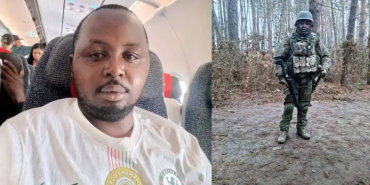

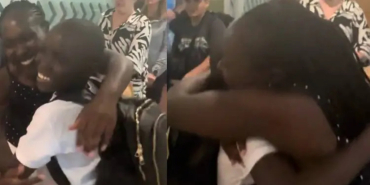

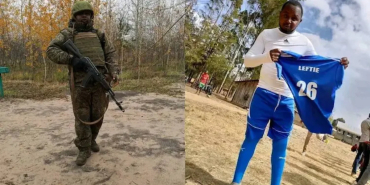
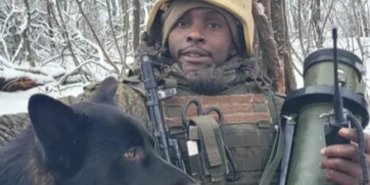
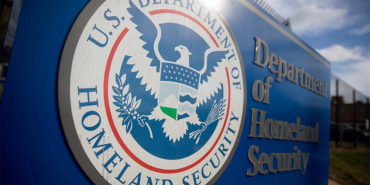
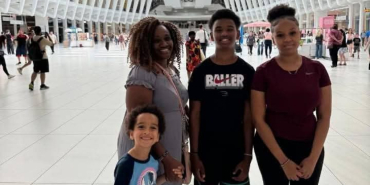
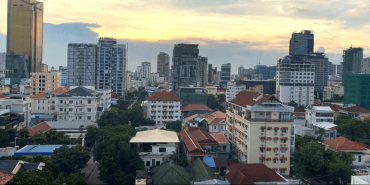




Comments
So they overlooked the 99…
Permalink
So they overlooked the 99 other kids? Where’s their story? Kenyan nonsense
Add new comment